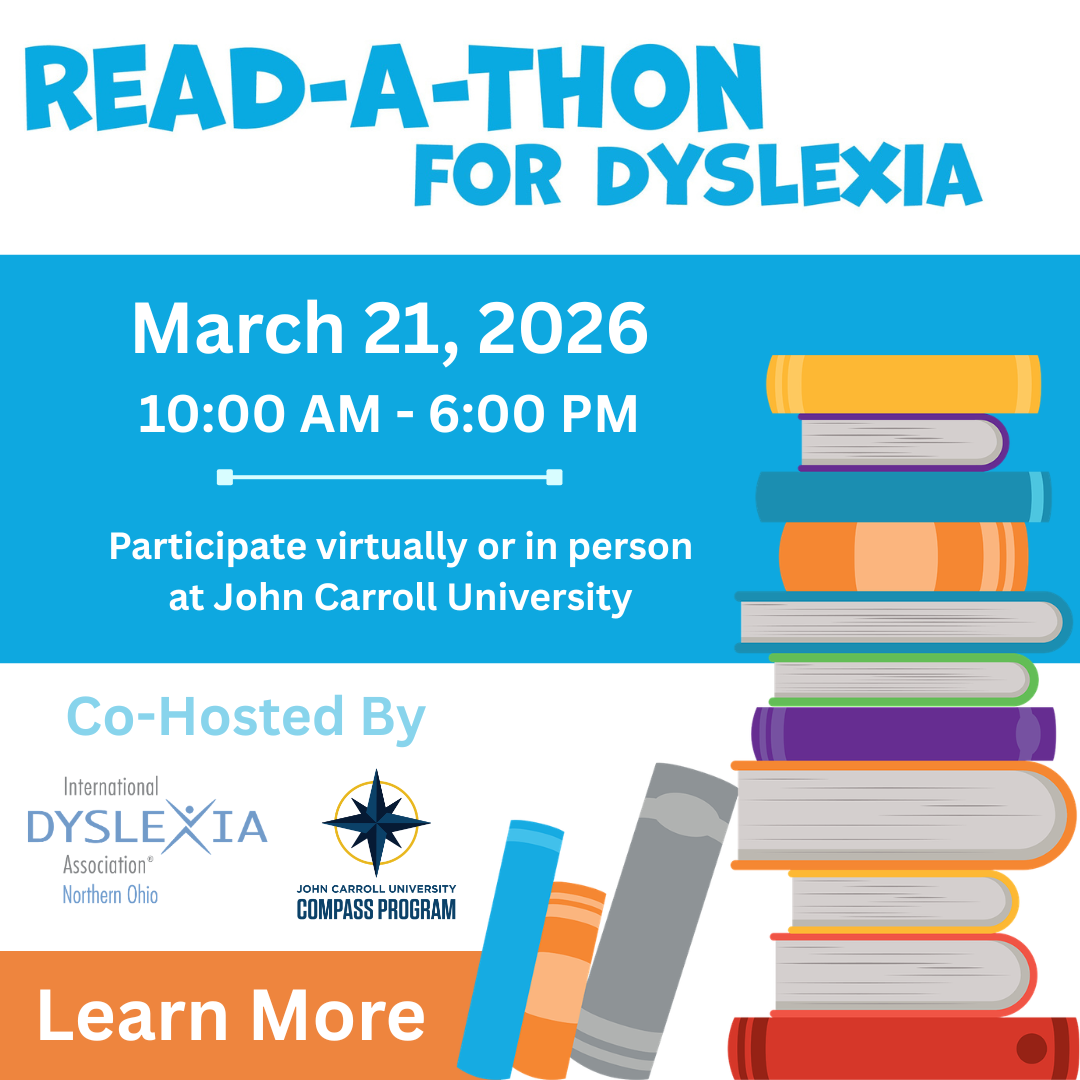- Home
- About Dyslexia
- Branch News
- Professional Development
- Families
- About NOBIDA
- Membership
- Resources
Multisensory MathMarilyn Zecher’s Multisensory Math Approach 1Based on the Orton-Gillingham philosophy of teaching, Marilyn Zecher’s Multisensory Mathematics I applies the research-based Concrete-Representation-Abstract (CRA) approach to teaching mathematics as advocated by the National Math Panel and the NCTM. Participants learn to apply this methodology in guiding students from foundation skills and numeracy to place value, operations, fractions and decimals. Participants learn to use manipulatives effectively to reinforce concepts, aid memory and enhance performance for all students. Strategies for helping students learn and retrieve math facts are stressed as well as structured procedures for computational accuracy. This approach is effective for all students. It is especially effective with students who learn differently and ESL learners. The approach is effective for initial instruction as well as remedial work at all levels and is compatible with all curricula and programs. Marilyn Zecher’s Multisensory Math Approach 2This course is the follow-up to Multisensory Math 1 and incorporates the Orton-Gillingham Multisensory Math Approach to higher level math concepts. Findings from Neuroscience that include the principles of the Science of Learning and recommendations from the Institute for Educational Sciences are presented along with best practices in mathematics instruction. The course reviews core instructional strategies from MSM 1 while demonstrating them at the levels of Fractions, Decimals and Percent, as well as in Pre-algebra, Algebra 1, Selected Topics in Algebra 2 and Geometry. MSM 2 includes instruction using a diagnostic prescriptive approach to teaching with a flexible lesson plan format for intervention. Our goal is helping students “catch up to keep up” in this every changing math landscape. Participants will learn strategies for incorporating interleaving and review of foundation skills even while offering grade level instruction in a general, inclusion, ELL or neurologically diverse classroom. Expect to use manipulative objects, concise mathematically accurate language, graphic organizers, gross motor activities and multiple representations to cement long term comprehension and memory of core concepts for secondary student success. MSM 1 is a required prerequisite. Watch this short clip of Marilyn demonstrating a super challenging concept - FRACTIONS! Then, listen to episode 28 of this podcast on your favorite streaming platform to hear more about how Marilyn has bridged this gap for hundreds of students using a multisensory math approach. |


